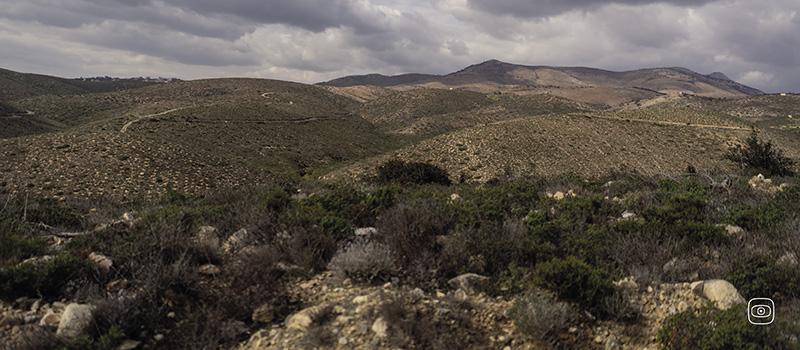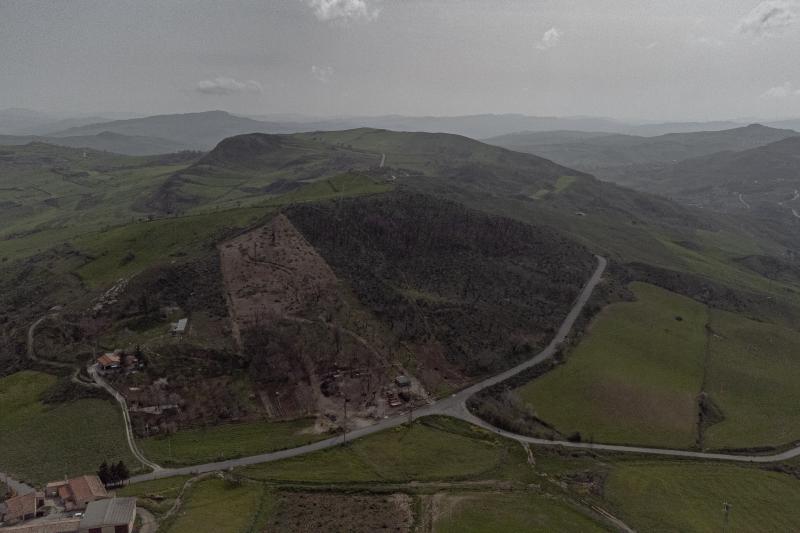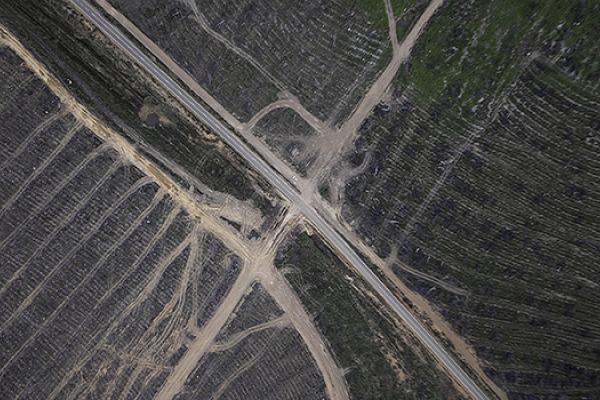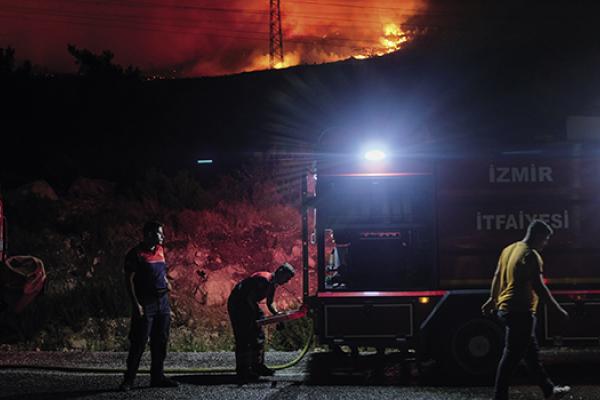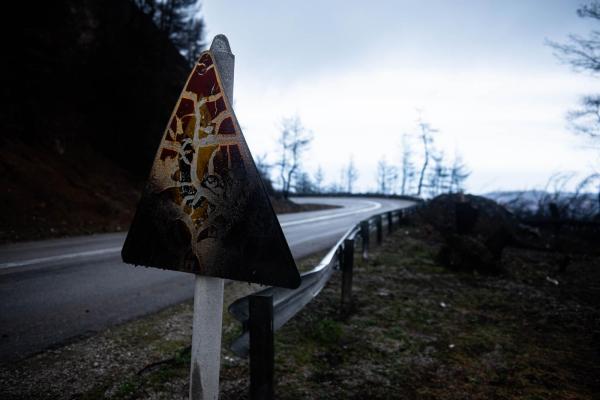Italy and Greece, two nations at the frontlines of Europe's climate emergency, are trapped in a self-defeating cycle of reactive firefighting rather than proactive forest management.
Sicily is the Italian region most affected by wildfires, most of which are caused by arson. It also faces major issues in managing funds for prevention and restoration of affected areas. Although regulations that forbid restoration work on burned land were originally intended to curb speculation, they sometimes end up blocking recovery efforts, turning damaged areas into potential hazards for local communities.
Greece's wildfire management system focuses primarily on preparedness and response rather than prevention. However, recent efforts are aiming to shift towards a more holistic and preventive approach, improving cooperation among agencies and engaging civil society. Although increased funding for prevention and the use of advanced technologies support this transition, challenges remain in fully integrating prevention into wildfire policy.
Regional, national and EU funds are intended to help communities prevent fires and restore burned areas. In practice, however, these funds are often managed in a fragmented way with little transparency or long-term strategy.
Image:The burnt hills around Mati in Greece still await reforestation. © Ioana Epure
Below: A charred hill on the road to Gangi. In August 2021, a massive wildfire devastated large portions of the municipal territory of Gangi in the Madonie National Park. Geraci, Palermo (Sicily). © Daniela Sala.
